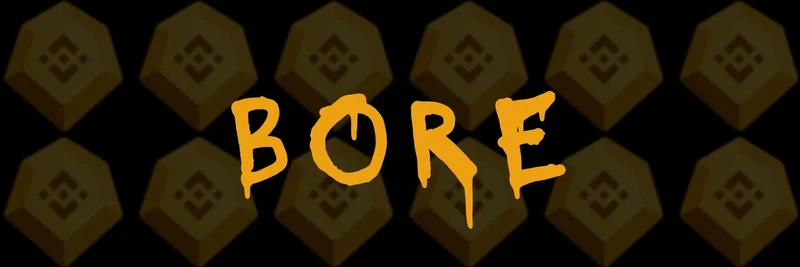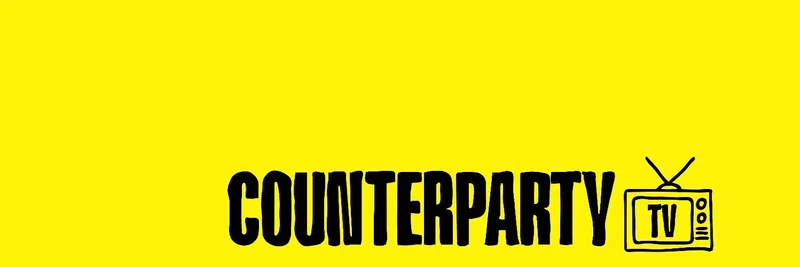Why Tokenizing Content Ownership Sparks Debate
The tweet from redphonecrypto hits a nerve: “Wild that people resent the idea of tokenizing and owning their own content. The alternative? Get nothing while platforms sell your work for billies. It's pure Stockholm syndrome.” This bold statement suggests that creators are stuck in a strange love-hate relationship with social media platforms, where they give away their work for free while these platforms rake in billions.
So, what’s tokenization? In simple terms, it’s using blockchain technology to turn your content—think memes, videos, or articles—into a digital asset you can own and trade. Imagine owning a piece of your favorite meme coin or a viral tweet as if it were a collectible! Platforms like JKBX are already doing this with music rights, and it’s a game-changer for creators who want a slice of the profit pie.
But why the resistance? Many creators feel uneasy about taking control. It’s a mix of fear—fear of tech, fear of change, and even fear of responsibility. As luigi.tweak.eth replied, “We are afraid to own up to our search history, the information we consume…” It’s like looking into a mirror and not liking what you see, which ties into the cartoon images shared in the thread (more on that below).
The Stockholm Syndrome Angle
The term “Stockholm syndrome” in the tweet is a clever jab. It refers to a psychological phenomenon where people develop affection for their captors. Here, it implies creators have grown oddly attached to platforms that exploit their work. Think about it: you post a hilarious meme, it goes viral, and while you get likes, the platform earns ad revenue. Digital Stockholm Syndrome is a real thing, and it’s keeping many from embracing ownership.
The thread’s images—showing a man staring into a mirror labeled “Be Yourself” with “Weak” scrawled on the reflection—add a layer of irony. It’s as if the reflection is calling out the creator’s hesitation. This visual ties into the idea that owning your content means facing your true value, which can be intimidating.
The Benefits of Tokenizing Your Content
So, why should creators jump on the tokenization train? For starters, it puts money back in your pocket. Instead of platforms like Facebook or Instagram profiting off your memes, you could earn royalties or sell tokenized versions of your work. BlockApps highlights how fans can even vote on creative decisions, creating a deeper connection between creators and their audience.
Take platforms like Cineverse, which tokenize film projects, or Royalty Exchange, where artists sell NFT-based royalty streams. These examples show how tokenization democratizes the creator economy, letting anyone invest in or own a piece of digital culture.
Overcoming the Resistance
The replies to redphonecrypto offer some clues on why people push back. SavantXbt notes, “Scared of ownership,” while 0xUmaroff adds, “We are used to giving for free.” It’s a mindset shift. Humans naturally resist change—max points this out with, “majority of people tend to oppose new behaviors.” But as 1CrypticPoet echoes, “Allowing platforms to profit off your work without compensation is definitely concerning.”
The solution? Education and small steps. Start by exploring Web3 tools or joining communities that support tokenized assets. It’s not about abandoning platforms but reclaiming your stake in the digital world.
What’s Next for Meme Creators?
For meme enthusiasts and blockchain practitioners, tokenizing content could be the next big thing. At Meme Insider, we’re keeping an eye on how meme tokens evolve with this trend. Could your next viral meme become a tradable asset? The tech is here, and the conversation is heating up on X.
So, what do you think? Are you ready to own your digital creations, or does the idea still feel a bit “weak” in the mirror? Drop your thoughts in the comments, and let’s keep the discussion going!




